Gastrointestinal Organoid Biobank
What are Patient Derived Organoids?
Patient derived organoids (PDOs) are novel in vitro 3D cell models that preserve original tissue physiology and molecular pathology, thus representing a clinically-relevant alternative to traditional 2D cell lines and an effective tool to refine and reduce animal models. PDOs can be derived from adult patient biopsies or resected tissues containing native LGR5+ stem cell populations and cultured within an ECM-rich substrate using specialized organoid media such as L-WRN conditioned media (SCM105). Adult tissue derived organoids are phenotypically and genetically stable in long term culture, presenting more mature phenotypes compared to iPSC-derived organoids. Importantly, PDOs have shown to be able to predict patient clinical responses to chemotherapeutic.
Gastrointestinal Organoid Biobank
We are now offering a comprehensive biobank of highly characterized tissue-derived human gastrointestinal organoids from normal and diseased patients. The intestinal organoid biobank contains over 50 highly characterized intestinal organoids from both normal and diseased patients derived from multiple regions of the digestive systems including small intestine (duodenum, ileum), stomach, rectum and colon.
3dGRO™ organoids were derived utilizing HUB Organoid Technology. The purchaser of this product shall agree to HUB’s terms of use, which shall be separately acknowledged and accepted by such purchaser, prior to transfer of this product to purchaser.
Biobank Overview
- 58 Patient Derived Organoid Samples
- Multiple Genders, Age, and Sex
- Multiple Tissues/Diseases: Colon, Duodenum, Ilium, Stomach, Rectum, Cancer, Ulcerative Colitis, IBS
- RNA-Seq Available
- Low Passage and High Viability
- Cultured in Optimized 3dGRO™ L-WRN Conditioned Media
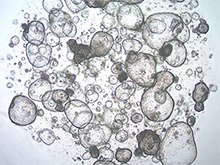
Prep-78-C (SCC311)
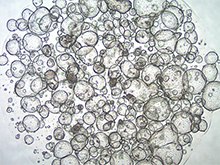
Prep-87-C (SCC321)
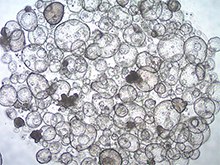
Prep-81-C (SCC313)
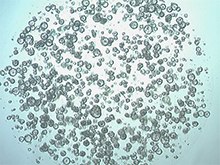
14-881-CR (SCC310)
Normal Gastrointestinal PDOs
Adenoma and Adenocarcinoma Gastrointestinal PDOs
Colorectal Cancer Gastrointestinal PDOs
Crohn’s Disease and Ulcerative Colitis Gastrointestinal PDOs

Figure 2.Immunocytochemical characterization of human colon organoids (Colon-87, SCC321). Human colon PDOs are positive for colon-specific markers: CA II, CA IV and Mucin5B, posterior hindgut marker: CDX2, stem cell markers: Lgr5 and Sca1 and epithelial markers: TPH-1 and E-Cad.
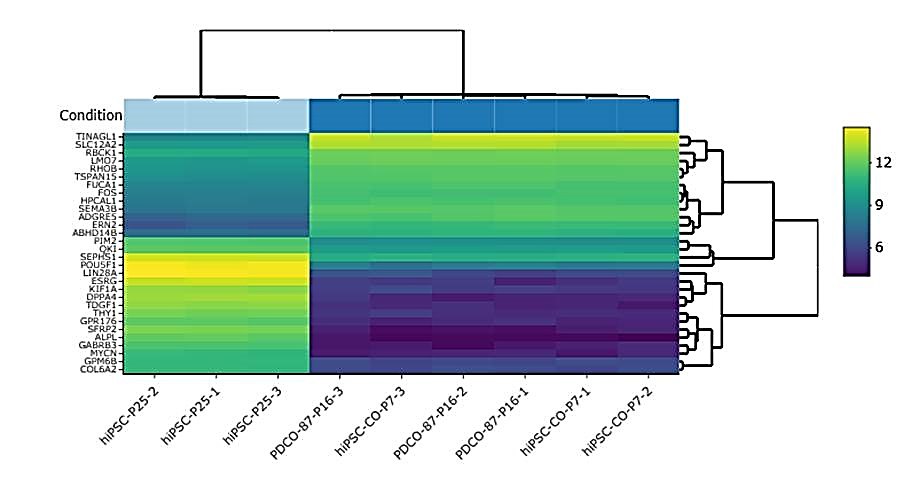
Figure 3.Heatmap of top 30 differentially expressed genes.
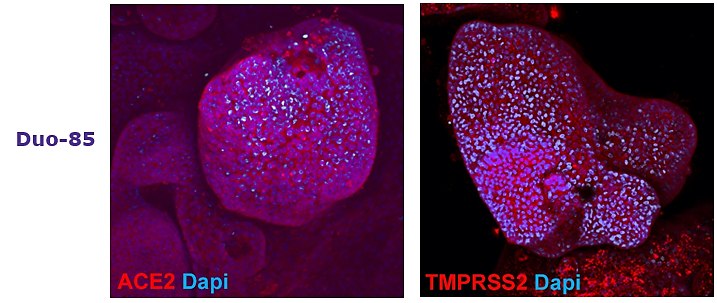
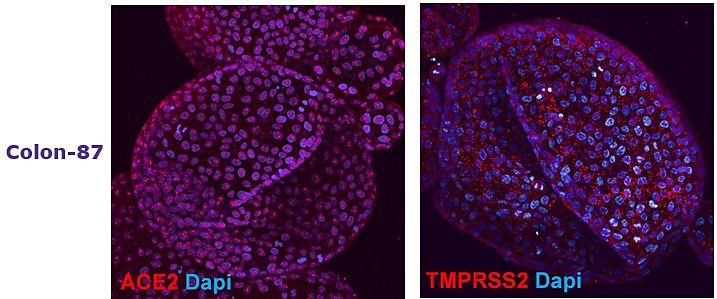
Figure 4.Adult tissue derived colon (SCC321, Colon-87) and duodenum (SCC320, DUO-85) organoids express SARS-CoV-2 related proteins ACE2 and TMPRSS2.

Figure 5.Forskolin-induced swelling of duodenum gut organoids (SCC314, DUO-81). The total organoid area increase relative to T=0 of FSK treatment was calculated and averaged from 10 individual cysts per condition. Scale bars = 500 um.

Figure 6.Generation of apical out illeum gut organoids (SCC339, HT-105-I). Apical out organoids were stained with dapi (blue) and ZO-1 (Green) antibodies to analyze efficiency of epithelial polarity reversion.
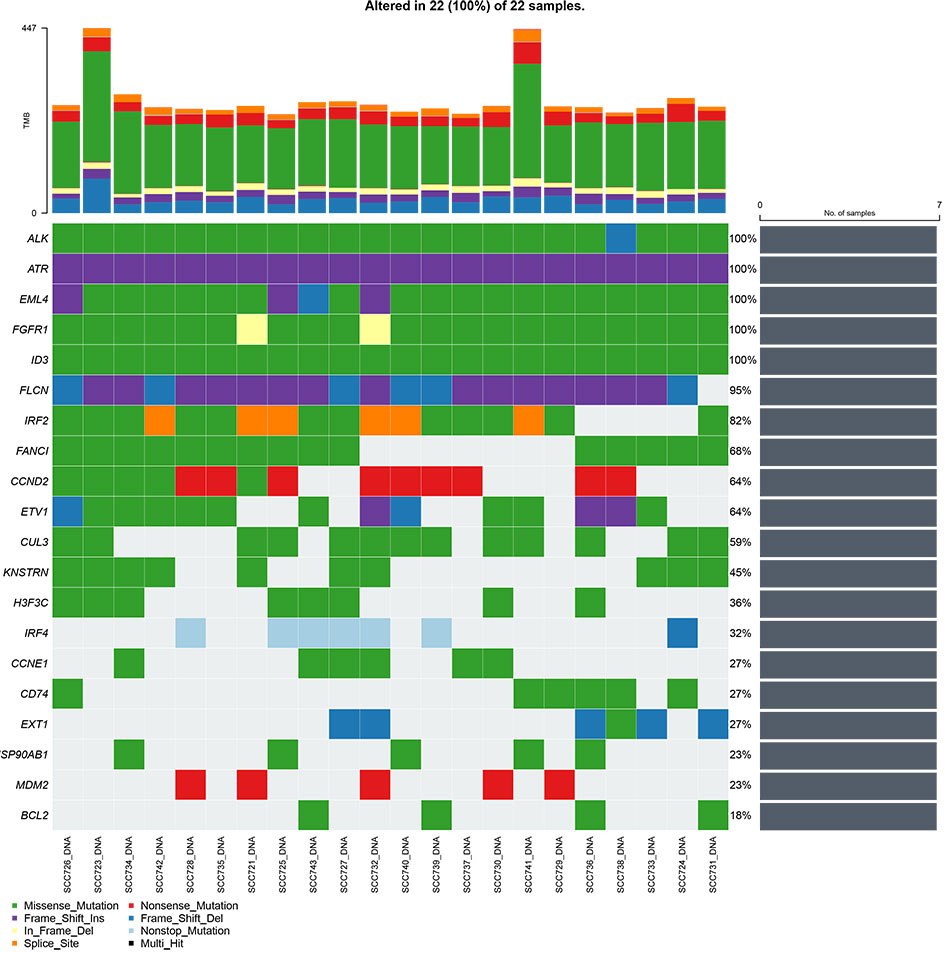
Figure 7.Oncoplot of gastrointestinal organoid mutational profile. Mutation types include missense mutation (green), frame shift deletion (blue), in-frame deletion (yellow), nonsense mutation (red), frame shift mutation (purple), multi hit (black), and splice site (orange) for highlighted genes.
如要继续阅读,请登录或创建帐户。
暂无帐户?